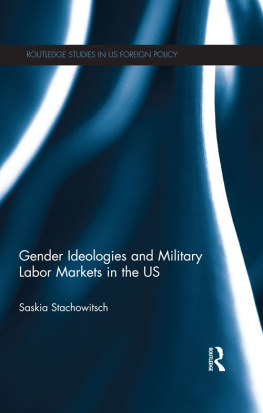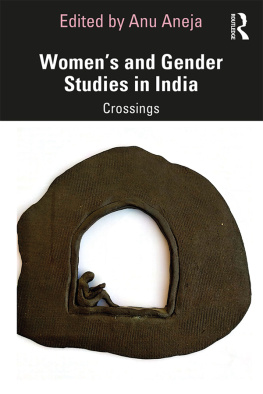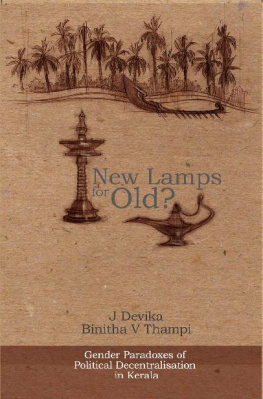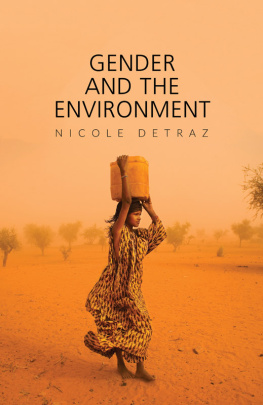Shoba Arun - Development and Gender Capital in India: Change, Continuity and Conflict in Kerala
Here you can read online Shoba Arun - Development and Gender Capital in India: Change, Continuity and Conflict in Kerala full text of the book (entire story) in english for free. Download pdf and epub, get meaning, cover and reviews about this ebook. year: 2017, publisher: Routledge, genre: Politics. Description of the work, (preface) as well as reviews are available. Best literature library LitArk.com created for fans of good reading and offers a wide selection of genres:
Romance novel
Science fiction
Adventure
Detective
Science
History
Home and family
Prose
Art
Politics
Computer
Non-fiction
Religion
Business
Children
Humor
Choose a favorite category and find really read worthwhile books. Enjoy immersion in the world of imagination, feel the emotions of the characters or learn something new for yourself, make an fascinating discovery.

- Book:Development and Gender Capital in India: Change, Continuity and Conflict in Kerala
- Author:
- Publisher:Routledge
- Genre:
- Year:2017
- Rating:4 / 5
- Favourites:Add to favourites
- Your mark:
Development and Gender Capital in India: Change, Continuity and Conflict in Kerala: summary, description and annotation
We offer to read an annotation, description, summary or preface (depends on what the author of the book "Development and Gender Capital in India: Change, Continuity and Conflict in Kerala" wrote himself). If you haven't found the necessary information about the book — write in the comments, we will try to find it.
The Indian state of Kerala has invoked much attention within development and gender debates, specifically in relation to its female capital- an outcome of interrelated historical, cultural and social practices. On the one hand, Kerala has been romanticised, with its citizenry, particularly women, being free of social divisions and uplifted through educational well-being. On the other hand, its realism is stark, particularly in the light of recent social changes.
Using a Bourdieusian frame of analysis, Development and Gender Capital in India explores the forces of globalisation and how they are embedded within power structures. Through narratives of womens lived experiences in the private and public domains, it highlights the anomie of gender through complexities and contradictions vis--vis processes of modernity, development and globalisation. By demonstrating the limits placed upon gender capital by structures of patriarchy and domination, it argues that discussions about the empowered Malayalee women should move from a mere politics of rhetoric and representation to a more embedded politics of transformation, meaningfully taking into account womens changing roles and identities.
This book will be of interest to scholars and students of Development Studies, Gender Studies, Anthropology and Sociology.
Shoba Arun: author's other books
Who wrote Development and Gender Capital in India: Change, Continuity and Conflict in Kerala? Find out the surname, the name of the author of the book and a list of all author's works by series.






